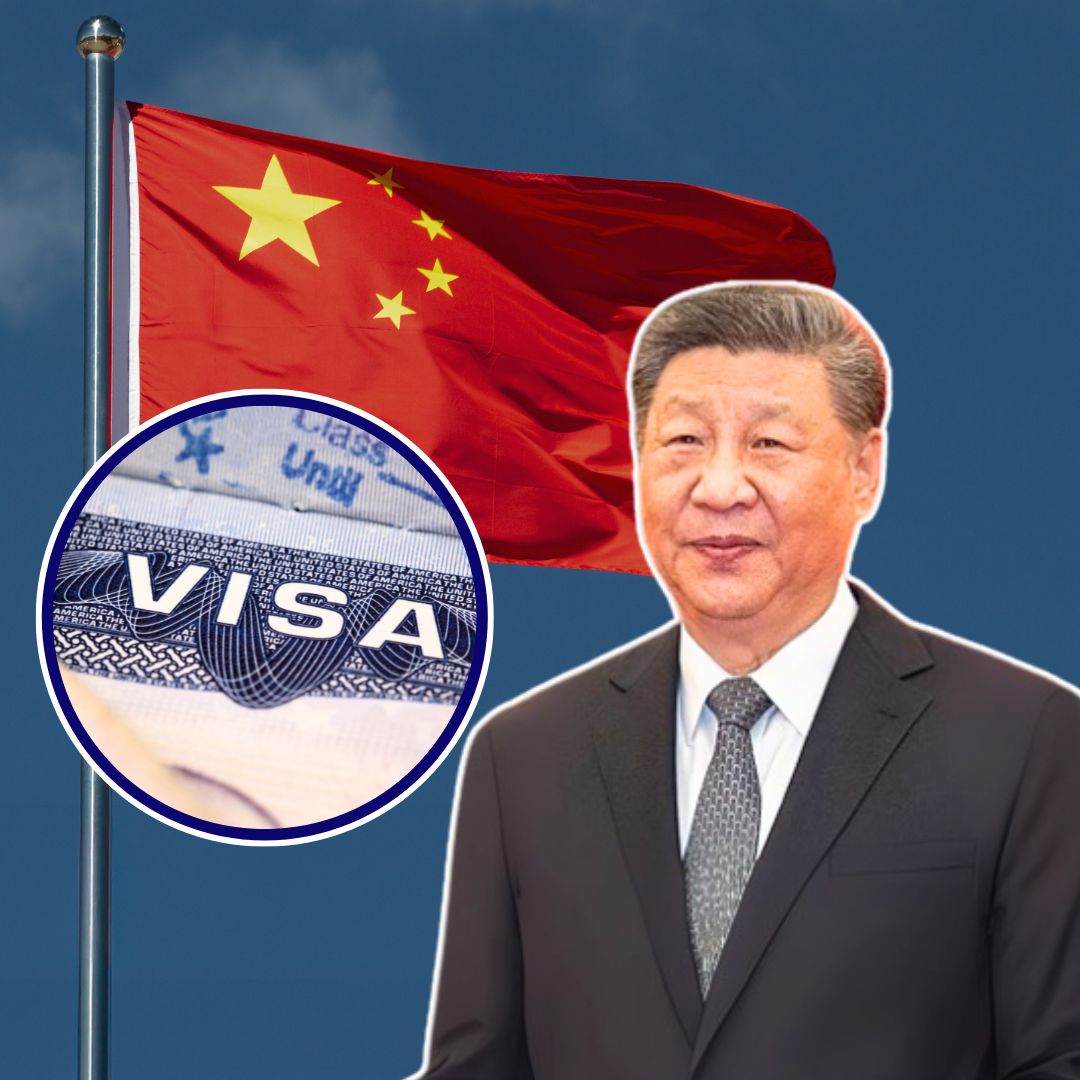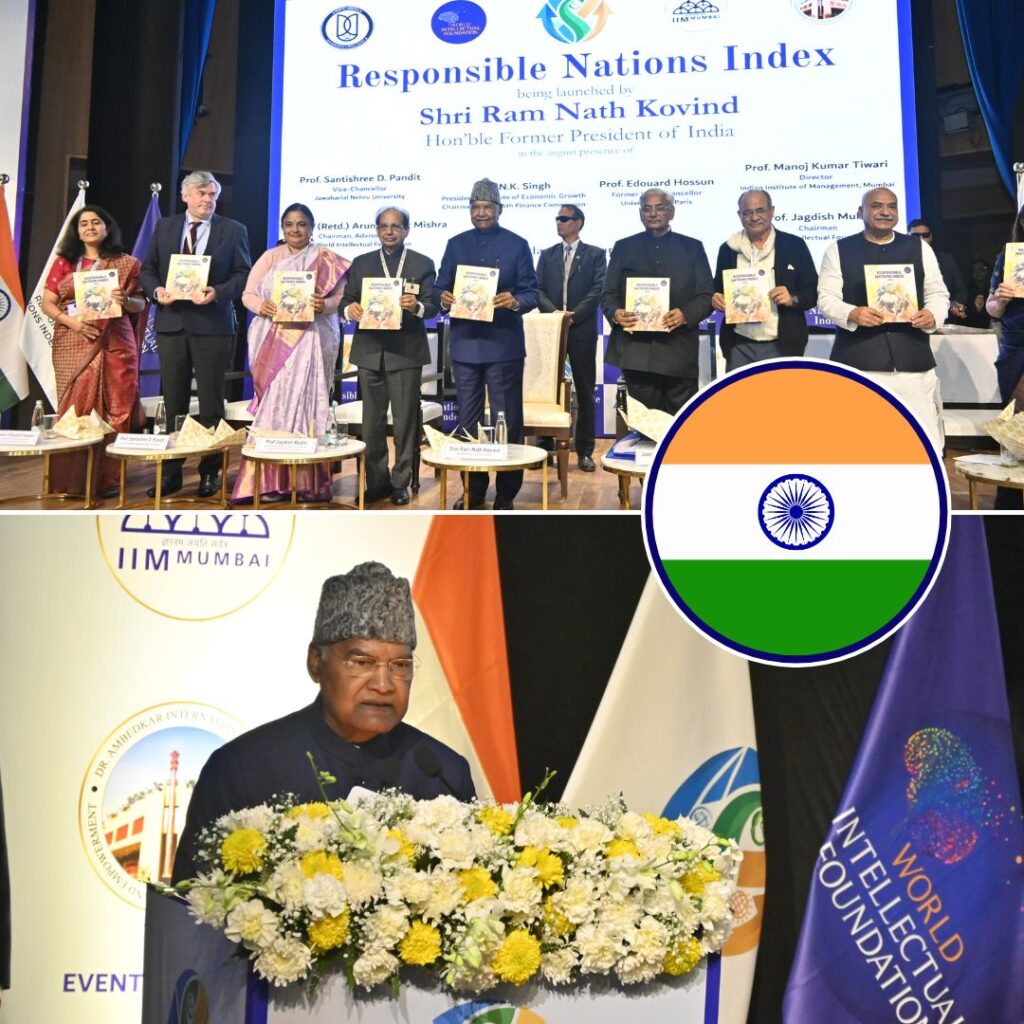China has announced the introduction of a new “K visa” category, effective October 1, 2025, designed to attract young Science, Technology, Engineering, and Mathematics (STEM) professionals worldwide. This visa becomes the thirteenth category under China’s entry-exit rules, providing greater flexibility and no requirement for employer sponsorship, unlike traditional work permits.
The policy aims to capitalize on stricter US H-1B visa regulations, including the $100,000 annual fee hike, by positioning China as a competitive destination for global STEM talent.
New K Visa Offers Flexibility and Opportunities for STEM Professionals
The Chinese State Council amended its Regulations on the Administration of the Entry and Exit of Foreigners in August 2025 to include the K visa, targeting young STEM professionals holding at least a bachelor’s degree from recognised institutions worldwide. The K visa permits holders to engage in education, research, technological collaboration, cultural exchange, entrepreneurship, and business activities.
Unlike other visas requiring local sponsorship, applicants’ eligibility is based on qualifications, age, and professional experience. This move aims to streamline international talent mobility and support China’s innovation-driven development priorities as outlined in the 20th National Congress report.
Background and Strategic Context of the K Visa Launch
The K visa is part of China’s broader “Talent Power Strategy” designed to further its scientific and technological capabilities by attracting top-tier global talent. With about 12 existing visa categories covering work, study, business, and family reunion, the addition of the K visa reflects a shift towards openness and competitive advantage in global talent acquisition.
This policy coincides with the US tightening its work visa policies, including raising H-1B fees to deter foreign workers. China’s relaxed visa facilitation such as visa-free transit for many countries and reciprocal visa exemptions already improved foreign access, with a notable 30% jump in foreign trips in early 2025, setting fertile ground for the K visa’s success.
The Logical Indian’s Perspective
China’s K visa introduction exemplifies forward-thinking immigration policy aligning national innovation goals with global talent dynamics. The Logical Indian welcomes the reduction of bureaucratic barriers and expanded opportunities for young STEM professionals to contribute internationally.
However, it is essential that such policies embrace inclusivity, ethical recruitment, and cultural exchange values to ensure positive and sustainable integration. This development invites reflection on how countries can balance national interest with global cooperation while fostering peaceful progress through shared scientific and technological advancement.











